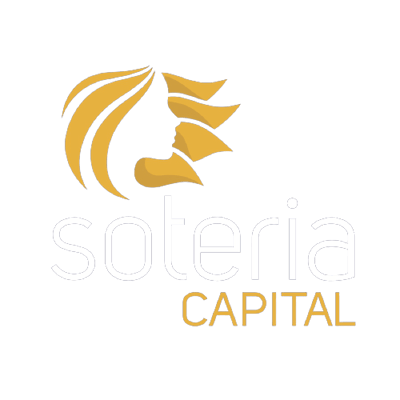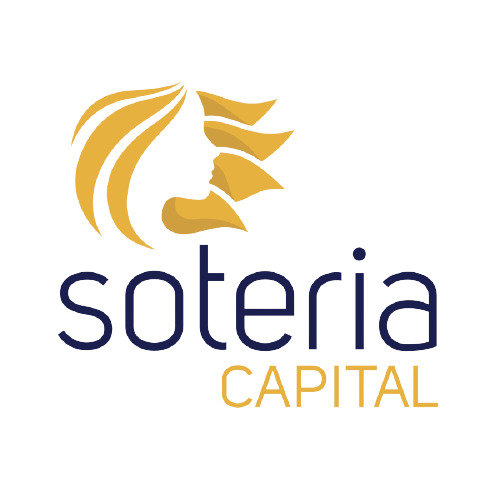In almost all instances, scale, scope, and “been there…done that” wins the day whether it’s in a bar brawl or the fight for economic survival.
That’s the chair JP Morgan Chase sits in with its “Always the smartest guy in the room” CEO, Jamie Dimon.
Many Main Street investors were unknowingly exposed
In the past few weeks, we talked about the implosion of hedge fund Archegos which caused a ripple effect through the global economy that served up losses to big players like Credit Suisse to the tune of $4.7B. Many Main Street investors who were unknowingly exposed to the Archegos debacle have been left twisting in the wind. Who got out a day earlier than everybody else? Rhetorical question. It seems unwise to think that the ordinary investor can compete.
I think it makes sense to listen to what he’s saying. In his annual shareholder letter, the long-time JPMorgan Chase chairman and CEO said he sees strong growth for the world’s biggest economy, thanks to the U.S. government’s response to the coronavirus pandemic that has left many consumers flush with savings.
“I have little doubt that with excess savings, new stimulus savings, huge deficit spending, more QE, a new potential infrastructure bill, a successful vaccine, and euphoria around the end of the pandemic, the U.S. economy will likely boom. This boom could easily run into 2023 because all the spending could extend well into 2023.”
Jamie Dimon, Chairman & CEO of JPMorgan Chase
And there’s the rub
Dimon, who managed JPMorgan through the 2008 financial crisis, helping to create the biggest U.S. bank by assets, pointed out that the magnitude of government spending during the pandemic far exceeds the response to that previous crisis. He said the longer-term impact of the reopening boom won’t be known for years because it will take time to ascertain the quality of government spending, including President Joe Biden’s proposed $2 trillion infrastructure bill. “Spent wisely, it will create more economic opportunity for everyone,” he said. However, the government consistently has proven that it’s not as good at allocating resources as a free-market economy is.
“Conversely, in this boom scenario it’s hard to justify the price of U.S. debt (most people consider the 10-year bond as the key reference point for U.S. debt),” Dimon said. “This is because of two factors: first, the huge supply of debt that needs to be absorbed; and second, the not-unreasonable possibility that an increase in inflation will not be just temporary.” And there’s the rub.
Let’s do some simple math. What is $2,000,000,000,000 (the cost of ‘just’ the President’s proposed Biden infrastructure plan) divided by 328,200,000 (number of people that live in the US)? That’s around $6,094 per person. There are only a couple of problems with that. Not everyone pays taxes. According to the most recent census data, there are only 145,200,000 tax payors. That number jumps to $13,774 per tax payor. And let’s face it, it won’t stop there. Everyone’s drinking the KoolAid. The cost of saving the COVID economy will not trickle in. It will be a deluge. It will come in the form of higher taxes, higher interest rates, and higher prices.
Now is the time to form a plan for what to do after 2023. Senior Life Settlements are an absolute return investment with a known cost and known yield. It is one of the last, true “Buy & Hold” investments out there. If you’re over-exposed to the stock market, this alternative investment offers a tried and true way to put some of your money to work in a different way to seek high ground from the tsunami that’s coming.


